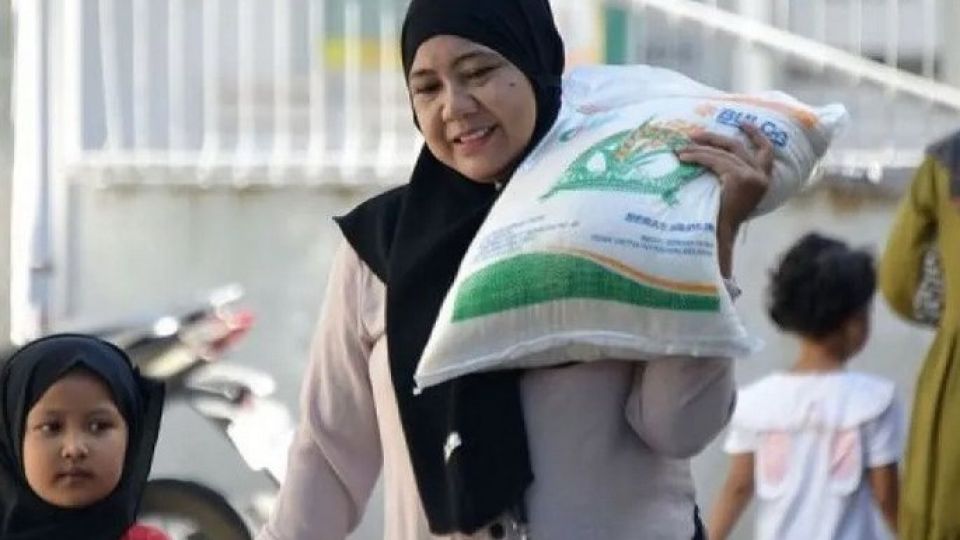February 14, 2024
JAKARTA – Bank Indonesia’s consumer confidence index (IKK) inched to 125 points in January from 123.8 points in the previous month, which the central bank said reflects improved public expectations in the country’s economy.
The latest figure also exceeded the 123 points recorded in January last year, the central bank data also show.
“The latest Consumer Survey conducted by Bank Indonesia in January 2024 indicates increasing consumer confidence in the economic conditions compared with December 2023,” BI spokesperson Erwin Haryono said in a statement on Tuesday.
The increase in consumer confidence is backed by improving metrics in people’s expectations of current income and job availability.
Expectations of future job availability remains on a positive note, albeit with a dip in regard to income.
The central bank also saw the country’s durable goods spending index drop to 112.1 points in January from 113 points in the previous month.
Overall, the average Indonesian spent 74.6 percent of their total income in January, down from the 74.3 percent in the previous month.
The share of income that went to savings also increased to 16.2 percent in January from 15.7 percent in the previous month.
The rest went on loan installments and payments, which saw a dip to 9.3 percent in January from 10 percent in the previous month.
In four out of five income groups, consumers increased their savings, with the largest rise occurring in the highest income group of over Rp 5 million (US$320.77) in monthly income, whose savings rose to 19.3 percent in January from 16.7 percent in the previous month.
However, the lowest income group of below Rp 2.1 million per month, saw their savings drop to 15.3 percent of total income from 16.7 percent.
The lowest income group also booked a hike in consumer spending to 77.8 percent of their total income from 75.2 percent in the previous month.
Meanwhile, the highest income group of over Rp 5 million opted to spend less in January with their consumer spending dropping to 66.1 percent from 71.2 percent in the previous month.
Indonesia has logged the lowest annual consumer price index (CPI) growth in the last two decades despite a trend of increasing prices for some food commodities throughout 2023.
The country saw its annual inflation hover at 2.61 percent at the end of 2023, according to Statistics Indonesia (BPS) on Jan. 2.
Inflation continued to slow in January to 2.54 percent as prices, especially of food commodities, normalized after the Christmas and New Year festive period in late December last year.
However, as of mid-February consumers are seeing a scarcity of premium-quality rice across the country amid a spike in demand and a delayed harvest season.
The Association of Indonesian Retailers (Aprindo) has blamed the lack of rice on higher producer prices, as retailers are bound to follow government-set price ceilings, causing firms to halt restocking until the price gap is addressed.


